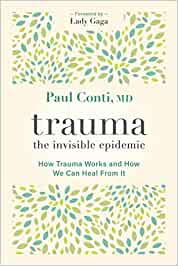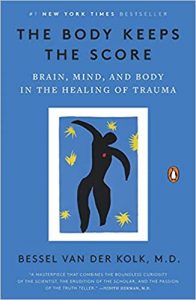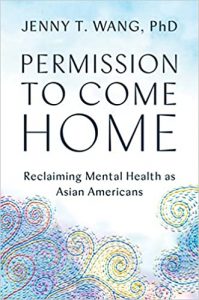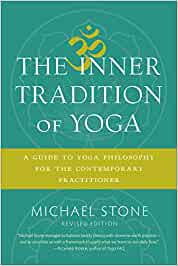Join me for a half-day urban yoga / meditation retreat at Open Concept on Sat April 12th (1-4 pm, $100+GST) in which we can dive deeper into the practice. A retreat gives us the chance to slow down and honour what we’ve been going through, so that we can move forward with a sense of cohesion and meaning.
Challenging experiences (whether big or small) can leave a residue in both our bodies and minds. Practice can be a way to metabolize these experiences, both through addressing the physical digestive system, and the mental/emotional processes by which we learn to integrate the past.
Expect:
- A nourishing yoga practice that promotes the body’s ability to heal via focusing on the physical digestive system
- Meditation practice(s) that teach us to allow for emotions and sensations (mental digestion)
- An interactive discussion on what these practices are all about and how they can apply to daily life
- A gentle environment that supports healing and compassionate self-inquiry
- Simple self-care practices and food for thought as you move forward in life’s journey
This offering is a synthesis of my knowledge in yoga, somatics, Ayurveda, food science, and human physiology. My goal is to create a safe and inclusive space for all who wish to practise awareness and equanimity. You do not need any previous yoga or meditation experience to attend; what is more important is to come prepared to open your mind and heart. Capacity is limited to 22 participants.
Schedule:
1:00-1:15 PM – opening remarks
1:15 – 2:30 PM – yoga practice and meditation
2:30 – 2:45 PM – break, tea time
2:45 – 3:45 PM – dharma talk, Q&A, discussion
3:45 – 4:00 PM – closing remarks
For those familiar with Open Concept, undergoing a retreat in a familiar space frees up energy for us to go deeper into the practice. For those new to the studio but local to Winnipeg, may the accessibility of this offering be of value. Open Concept is at Grant and Kenaston, on the #66 bus route, and has free parking in the surrounding lot.
Let’s pause and de-clog! To register*, please visit Open Concept’s website HERE.
*A note about registration*: Open Concept was experiencing a glitch with their booking system, MindBody – the “book” button wasn’t working! It should be working now (please click here) but if it isn’t, please follow the workaround instructions below:
- If you haven’t already, please make a MindBody account with Open Concept. Please be sure to include your credit card in your profile.
- Then, message me (here) and I’ll complete the purchase for you through my teacher access (I’m waggling my fingers, poised over a laptop, readyyyyy). You’ll get an email confirmation of your purchase.
If you’d rather chat with someone at the studio directly, email Open Concept here for them to help you complete registration. Thank you for your patience!!






